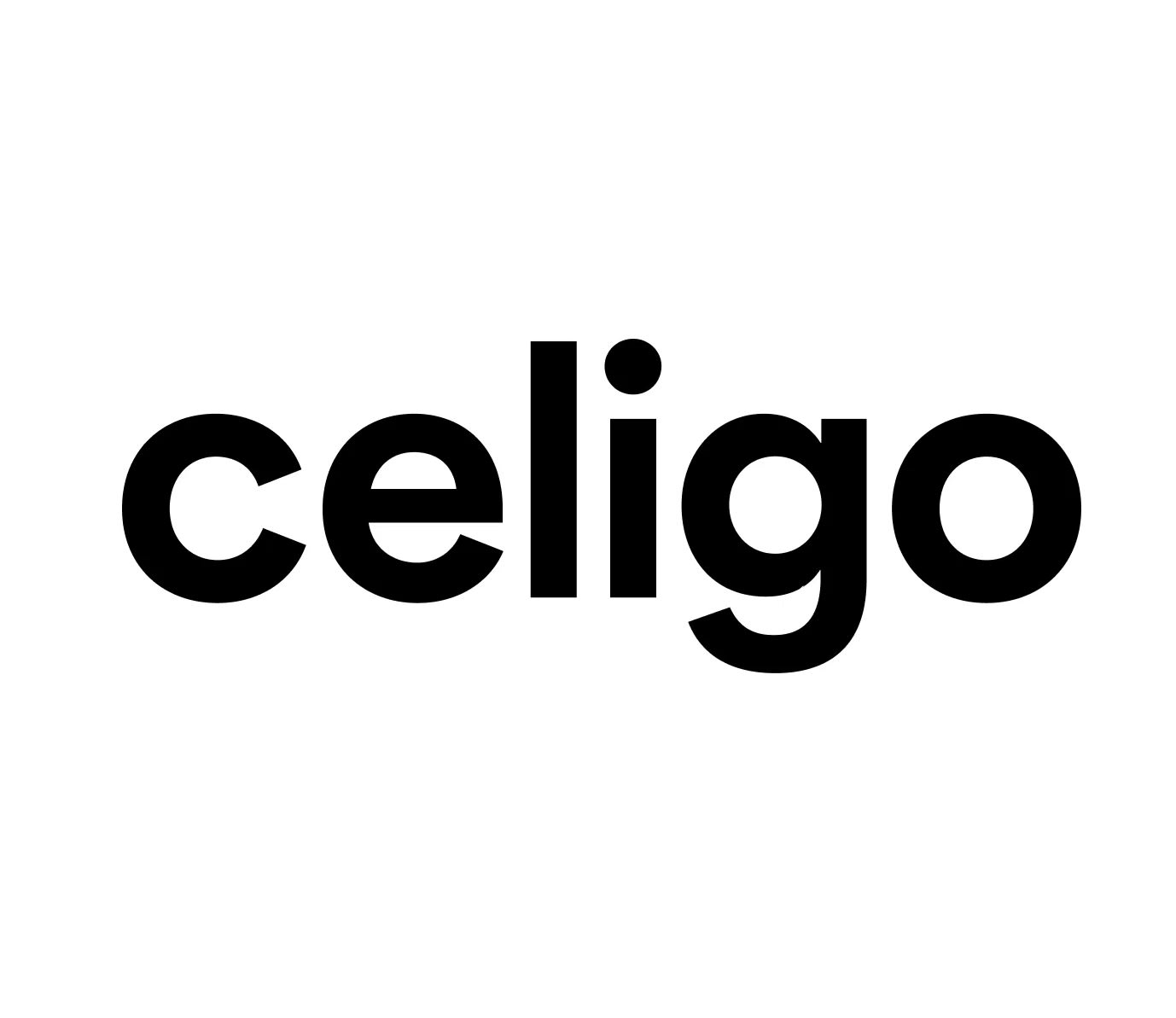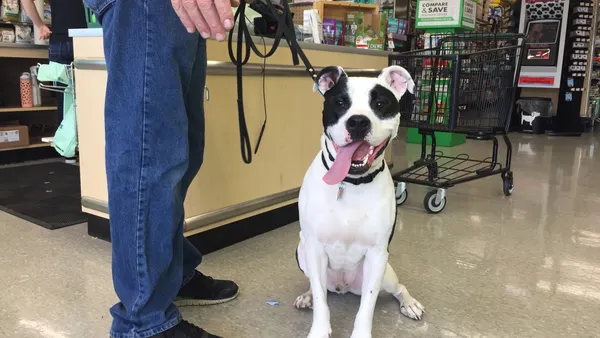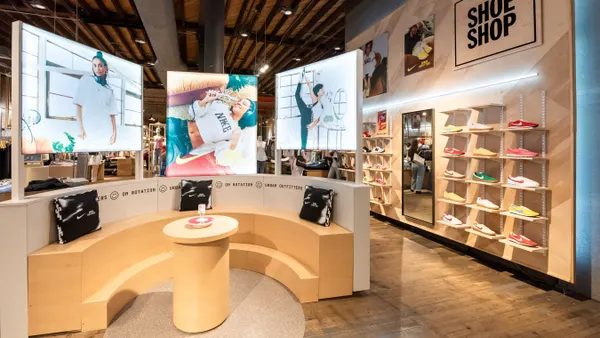Dive Brief:
-
St. Ives, a personal care brand owned by the CPG giant Unilever, has been running a summertime pop-up “mixing bar” in New York City’s SoHo neighborhood that the company says is a first for personal care consumer goods.
-
In addition to acting as a retail outlet for the company’s products, the pop-up includes a “mixing bar” where customers can get advice and concoct custom blends of ingredients for scrubs and lotions. The move is an attempt to reach customers directly, allow them to experience the brand and collect data, according to a company press release.
-
The 1,800-square-foot store was launched in June and ran through July. Questions from Retail Dive about Unilever’s plans for other pop-ups or retail stores weren’t immediately returned.
Dive Insight:
Consumer products giants like Unilever and Procter & Gamble have seen startups like Dollar Shave Club grab market share, and both companies are seeking ways to mitigate the disruption. Procter & Gamble is responding with its own laundry-based subscriptions and services; Unilever simply bought market share when it acquired Dollar Shave Club for $1 billion about a year ago.
At the time, Unilever North America President Kees Kruythoff noted the valuable customer data collection of subscription services. “In addition to its unique consumer and data insights, Dollar Shave Club is the category leader in its direct-to-consumer space," he said in a statement. "We plan to leverage the global strength of Unilever to support Dollar Shave Club in achieving its full potential in terms of offering and reach.”
Pop-ups offer similar marketing and analytics opportunities. In the past decade or so, pop-up retail has been honed to a near-scientific art used by chain stores, brands and e-commerce companies to test new products and ideas. For example, e-commerce retailers can provide shoppers with a rare opportunity to touch and feel their goods. And though the pop-up format does take investment and planning, it doesn't require the long-term buy-in that establishing a traditional store does.
Because they're temporary, often new at their sites and slated to disappear within a few short weeks, they're enticing to shoppers, too. "A pop-up is a fantastic test opportunity to launch a new brand, or A/B test one branding approach or another," Michael D. Decker, VP of marketing strategy at boutique marketing agency Medallion Retail, told Retail Dive last year. "There's no better research than putting a store out on the street."
The St. Ives brand this summer covered social media with news and images of the store. That and the other advantages of pop-ups accrue to the retailers also selling those products. "The introduction of the St. Ives Mixing Bar is an exciting and completely new way for our fans to experience St. Ives," Suzanne Palentchar, St. Ives Marketing Director, said in a statement.
And therein lies the trouble, at least for retailers. The direct-to-consumer approach is yet one more facet of competition for them too, giving retailers one more thing to think about as Amazon and brands increasingly encroach on a reliable way to get shoppers into stores.














